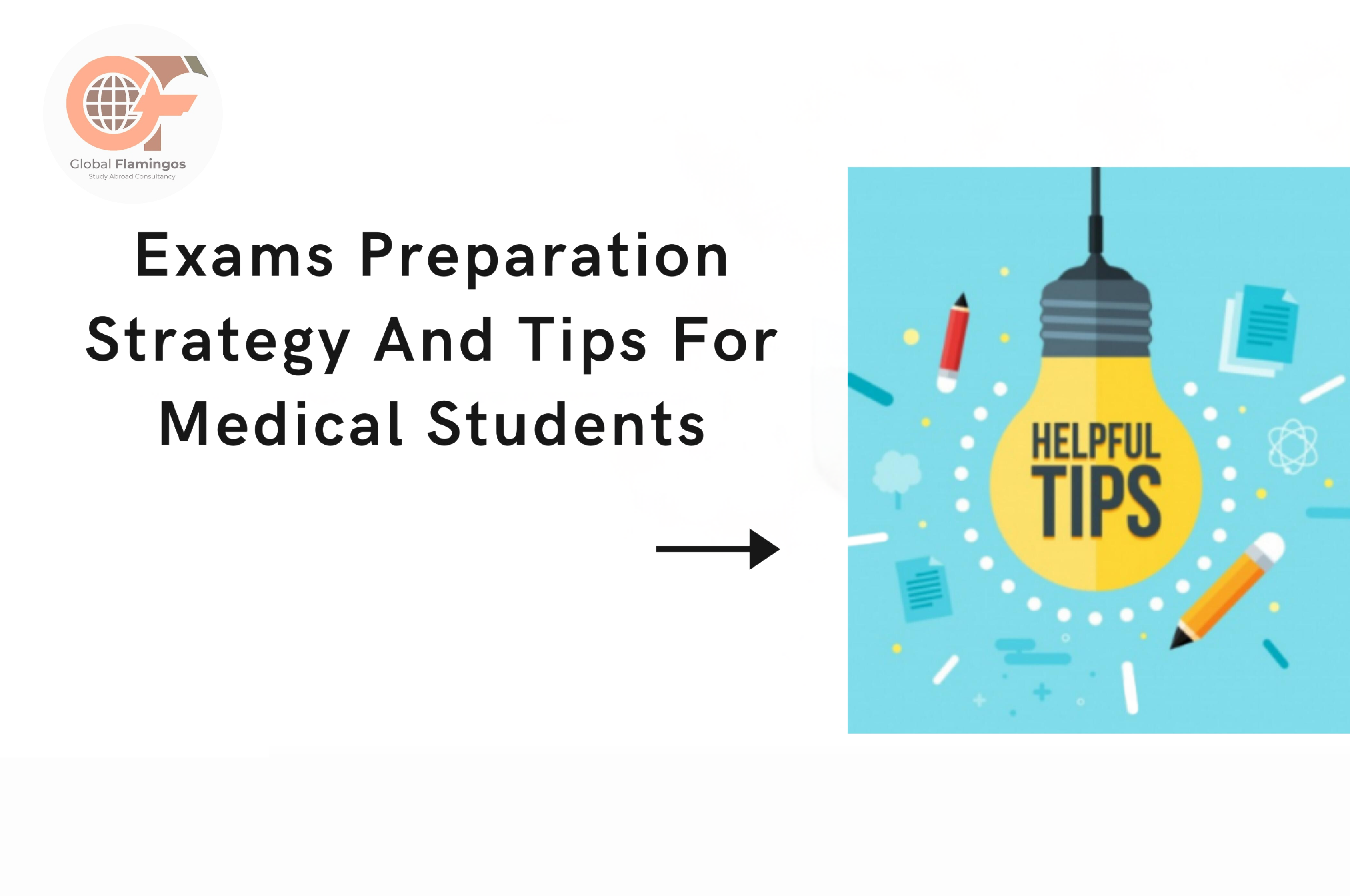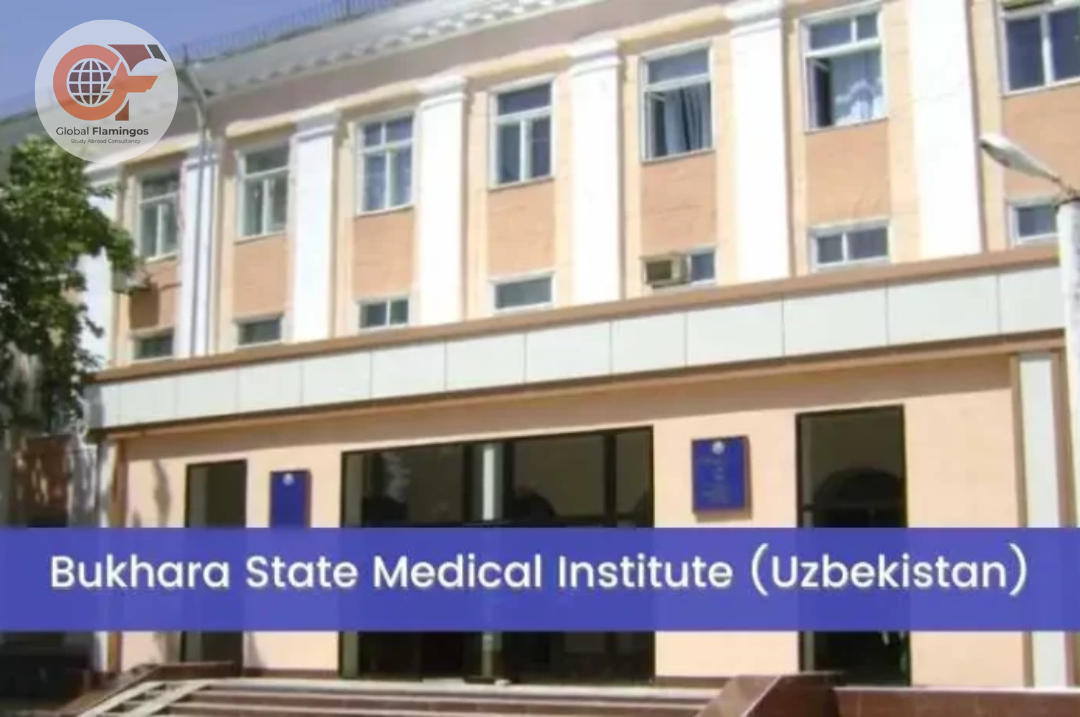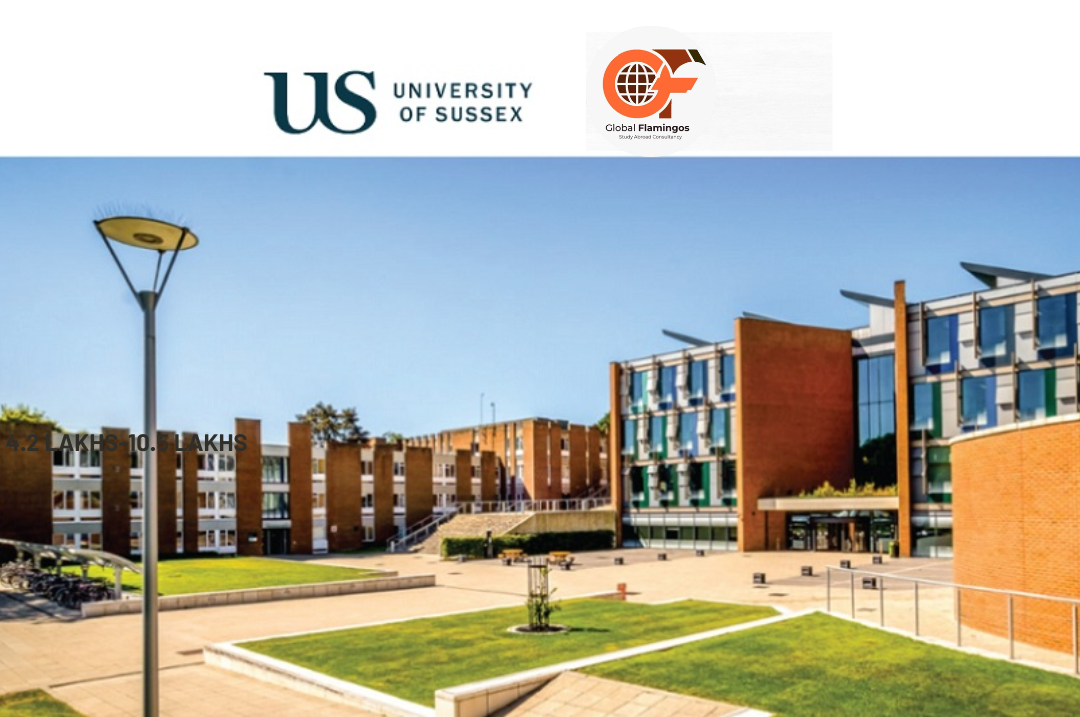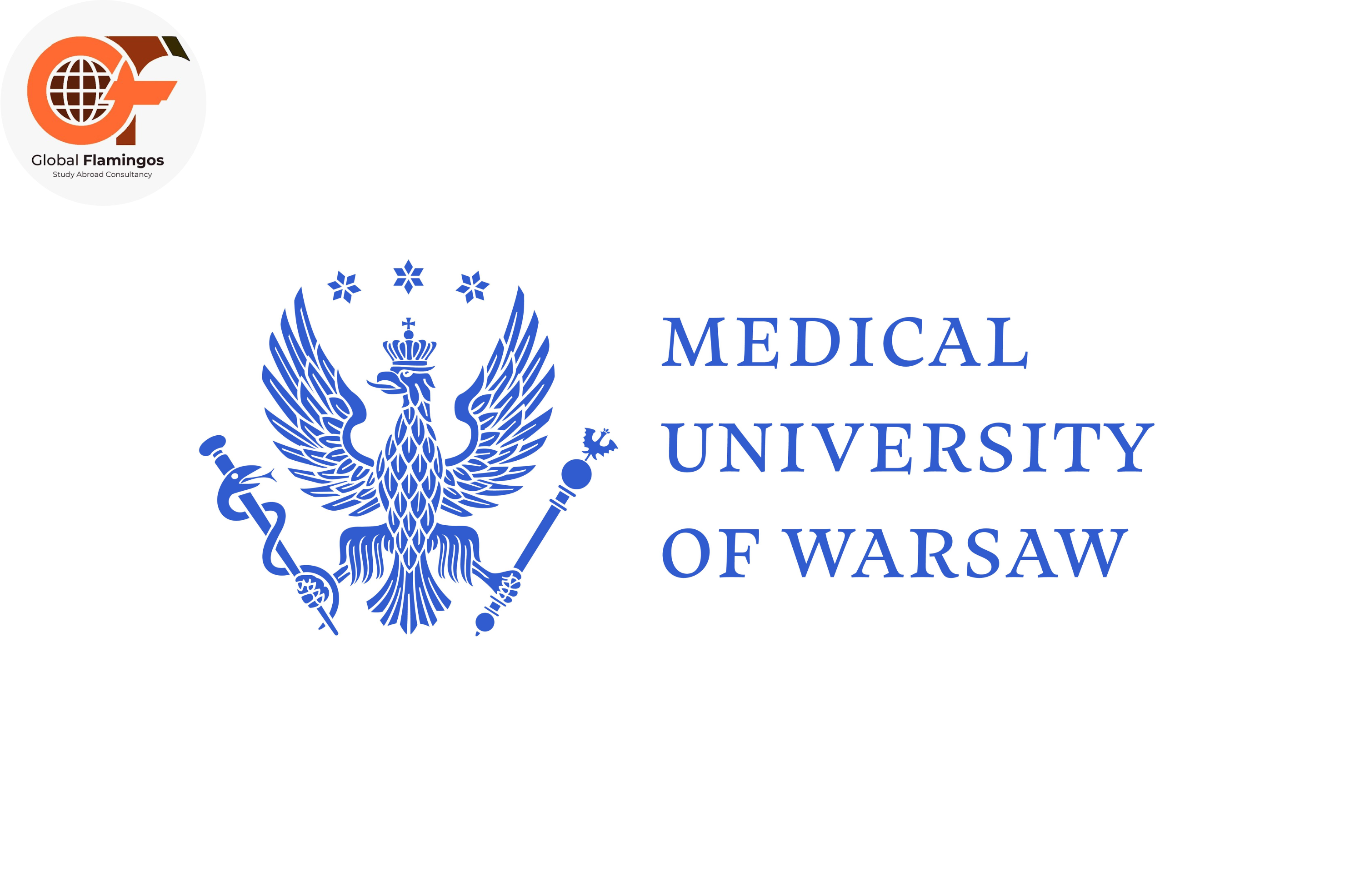The journey to becoming a doctor is both exhilarating and demanding, requiring a clear vision, unwavering commitment, and strategic preparation. For students eager to pursue a career in medicine, study counselling plays a pivotal role in navigating this rigorous path. Through personalized guidance and support, study counselling can help aspiring medical professionals make informed decisions, overcome challenges, and optimize their preparation for medical school. This guide outlines key considerations and strategies for students determined to make their dream of becoming a doctor a reality.
Understanding the Medical Journey
The Road Ahead
The path to becoming a doctor typically involves undergraduate education, medical school, and residency training. Each step demands a high level of academic achievement, hands-on experience, and personal growth. Understanding the stages and requirements of this journey is crucial for setting realistic goals and timelines.
Exploring Medical Fields
Medicine encompasses a wide range of specialties, from family medicine to neurosurgery. Early exposure to these fields through volunteering, shadowing, or research can provide valuable insights, helping students identify their interests and tailor their educational path accordingly.
The Role of Study Counselling
Navigating Academic Requirements
Study counsellors assist students in planning their pre-medical education, ensuring they complete prerequisite courses, maintain competitive grade point averages (GPAs), and develop a strong foundation in the sciences. They also guide students through the intricacies of the Medical College Admission Test (MCAT), recommending study resources, prep courses, and test-taking strategies.
Developing Extracurricular Profiles
Medical schools seek well-rounded candidates with diverse experiences. Counsellors advise students on engaging in meaningful extracurricular activities, such as volunteer work, research projects, and leadership roles, that demonstrate commitment, empathy, and teamwork skills.
Application and Interview Preparation
The medical school application process is multifaceted, encompassing primary applications, secondary essays, and interviews. Counsellors help students craft compelling narratives that highlight their motivations, experiences, and personal qualities. They also provide mock interviews, offering feedback on performance and tips for effectively conveying one’s passion for medicine.
Strategies for Aspiring Doctors
Early Preparation
Begin your preparations early in your high school career. Seek out science and math courses to build a strong academic foundation, and engage in activities that demonstrate your interest in the medical field. This proactive approach can set you apart in the competitive medical school admissions landscape.
Seek Mentorship
Connecting with physicians or medical students can provide invaluable insights into the realities of a medical career. Mentorship opportunities can also offer guidance on navigating the medical school application process and making informed decisions about specializations.
Cultivate Resilience and Adaptability
The path to becoming a doctor is filled with challenges, from rigorous academic workloads to the emotional demands of patient care. Developing resilience and adaptability is essential for overcoming obstacles and maintaining motivation throughout your journey. Counsellors can provide support and resources for building these critical skills.
Prioritize Self-Care
Pursuing a career in medicine, while rewarding, can be stressful. It’s essential to prioritize self-care, including physical health, mental well-being, and work-life balance. Study counsellors can offer strategies for managing stress and maintaining a healthy lifestyle amid academic and extracurricular commitments.
Conclusion
For students aspiring to pursue a career as a doctor, study counselling offers indispensable guidance and support at every stage of their journey. From academic planning and extracurricular involvement to application strategies and emotional resilience, counsellors play a crucial role in helping students navigate the complex path to medical school and beyond.
Embracing the counsel and resources available can empower aspiring medical professionals to make informed decisions, overcome challenges, and realize their dreams of becoming doctors. The journey to a career in medicine demands dedication, perseverance, and strategic preparation. With the right guidance and a strong commitment to personal and academic growth, students can successfully embark on this rewarding path, contributing to the health and well-being of communities around the world.

























